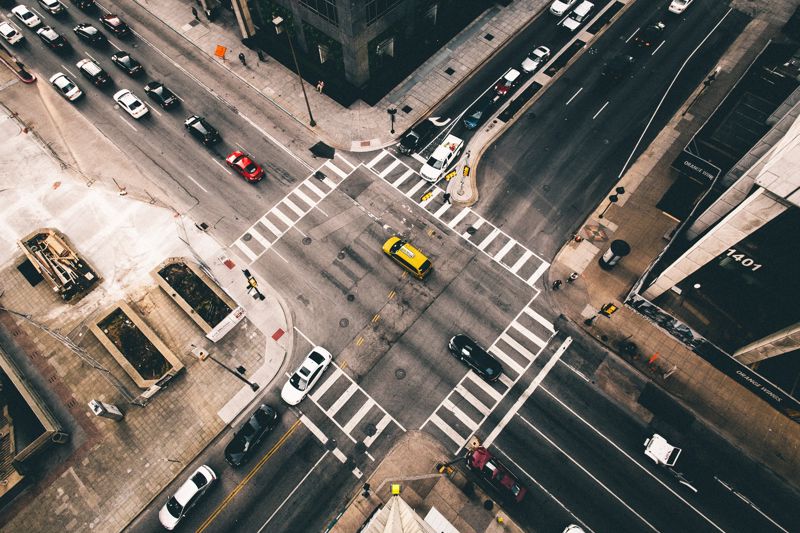

For some time now, there has been a bit of confusion about how self-driving, autonomous vehicles could be safely allowed to operate on streets across the United States. In some cases, certain municipalities allowed them to be tested on their streets, and this is sometimes the case with entire states as well, but through it all, developers have to adhere to a patchwork of regulations.
Earlier this year, Sens. Gary Peters and John Thune attempted to tack an amendment onto a bill regarding relations with China that would change the national regulatory landscape for testing autonomous vehicles, according to Reuters. The lawmakers — a Democrat from Michigan and a Republican from South Dakota, respectively — wanted to initially allow the U.S. National Highway Traffic Safety Administration to initially allow some 15,000 self-driving vehicles per automaker to be exempted from certain safety standards. Over the next few years, that number would rise to as much as 80,000 per manufacturer.
Specifically, the amendment sought to allow vehicles to have their human control overrides disabled while they were in self-driving mode, stating that the U.S. is at risk of "losing its technological leadership in the autonomous vehicle industry," the report said. This latest amendment is part of a years-long effort from Thune and Peters to make it easier for AV developers to test their products in live settings.

Running into problems?
More recently, however, it seems that these efforts regarding AV regulation are stalling in the face of significant opposition from a number of groups, Reuters reported separately. The initial attempt to attach the amendment to a bill regarding China was shut down in May. There was another effort to tie it to a bill related to surface transport funding, but the U.S. Senate Commerce Committee also put the brakes on that.
While the bill itself — largely intended to fund the national rail system Amtrak and other infrastructure initiatives — was overwhelmingly approved, the amendment was not allowed to be attached to it, the report said. However, even lawmakers who opposed it noted that this was more an issue of timing and language, rather than a flat rejection of the proposal. However, union groups and others have expressed opposition to the allowances.
"I do think this is legislation that we can complete by the end of this year," Commerce Committee Chair Maria Cantwell, a Democrat representing Washington, said in the hearing. "These last issues are very thorny as it relates to legal structure."
Growing the base of support
Meanwhile, the actual AV development industry itself is not merely sitting on the sidelines waiting for regulatory changes to come, according to further Reuters reporting on the topic. Dan Ammann, chief executive officer of Cruise LLC (a developer that is primarily owned by General Motors) recently sent a letter to President Joe Biden asking the White House to support the legislation. Specifically, Ammann that it would both help shore up the American position in the AV industry in the face of growing competition from China and other nations, and that a robust AV industry in the U.S. could create some 108,000 permanent jobs over the next five years.
This comes as Cruise intends to test its Origin model AV — built with neither steering wheels nor gas and brake pedals — later this year, with an eye toward mass producing them in 2023, the report said.
However, polling suggests that along with lawmakers and special interest groups, the general public remains skeptical about the safety of these vehicles, according to Tech Crunch. That may pose yet another hurdle to getting these regulations on the books, but at the same time, advocates note that there has been thorough testing ongoing for years and many other safety measures and regulations exist that vehicle manufacturers must follow.
As such, the risk driverless cars actually pose for the average driver are arguably somewhat minimal. If the rollout of these vehicles onto open streets can be more tightly regulated while still allowing for live testing, there may be a way to bridge the gap between public perception and real safety conditions.
Greening Testing Laboratories is a fully certified brake testing lab that provides a variety of brake testing services worldwide. Contact Greening for a complimentary consultation.